This post contains affiliate links from which I may receive a small commission, at no extra cost to you. In no way does this affect my opinion or the information I provide on the product. Please read my disclaimer for more info.
You all probably know that protein is essential to good health.
While people are always trying (sometimes wrongfully) to reduce their fats and carbs, no one ever promotes a low-protein diet. Indeed, protein is a building block for your muscles, helps create and repair tissues, and is essential to the formation of enzymes, hormones, skin, blood…
Proteins raise a lot of questions, however. How much protein do you actually need? Can you consume only plant protein? What happens when you get too much protein?
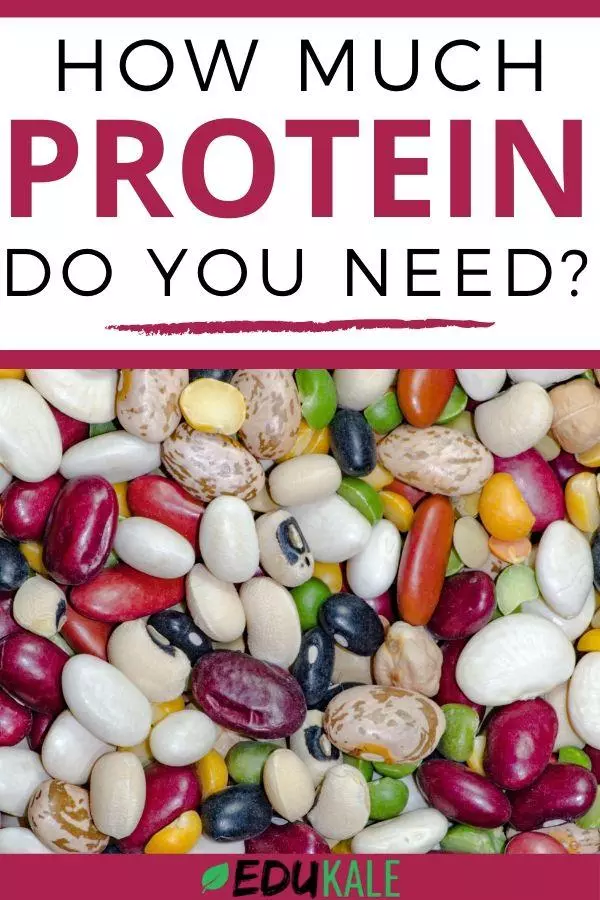
What is protein?
Proteins are made from chains of amino acids, which are linked into longer chains and twisted into different shapes.
Amino acids are organic compounds that can be put into two groups: essential and nonessential.
Essential amino acids can’t be made by your body, and must therefore come from your food.
They are leucine, threonine, lysine, tryptophan, phenylalanine, valine, methionine, isoleucine, and histidine.
Nonessential amino acids can be produced by our bodies even if they aren’t found in our food. Some of them are conditional, meaning that they become essential in times of illness and stress.
Your body can’t really store protein, so it’s important to get enough quality protein from your food every day.
How much protein do you need?
This will come as no surprise, but protein needs vary according to many different factors, such as one’s age, weight, health, etc. Whether you are trying to lose weight or build muscle will also impact these needs.
The Recommended Dietary Allowance for both men and women is 0.8 grams of good quality protein per kilogram of body weight. (Around 0.36 grams per pound.)
However, this is the required amount to meet your basic needs: not necessarily the one for optimal health. You need a bit more than that for ideal body composition. Everyone says different numbers.
I like to eat as many daily grams of protein as my weight in kilograms, so 1 gram of protein per kg (so around 0.45 grams per pound). Some people also like to divide their weight in pounds by 2 and eat that amount of protein.
If you weigh 60 kilograms or 132 pounds, that makes around 60 grams of protein per day (66 grams if you use the second method).
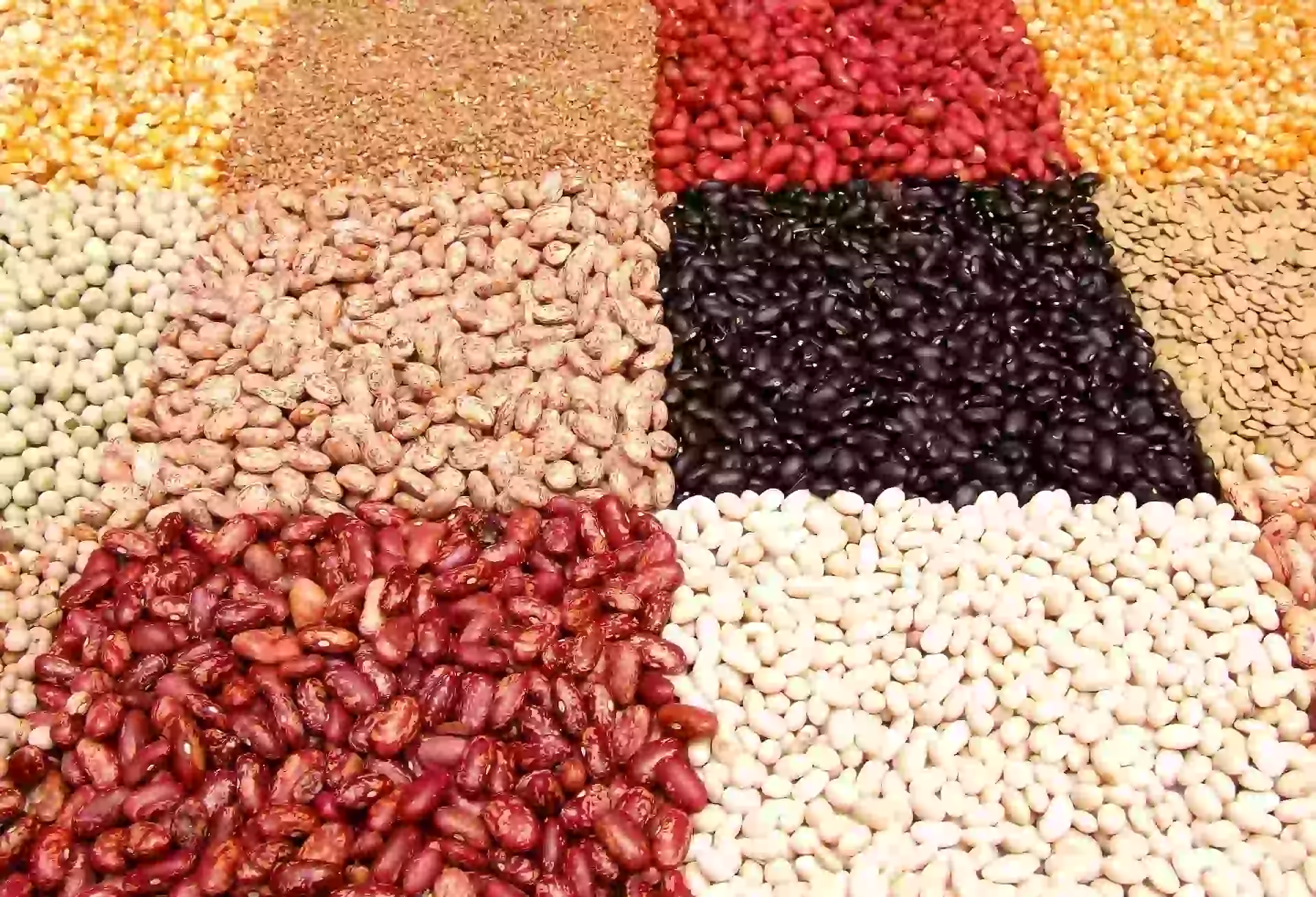
This number may vary depending on your lifestyle.
For instance, athletes require closer to 1.2-2 grams of protein per kg, depending on their preferred type of exercise. 1 , 2
Another study showed that consuming 0.4 grams of protein per kg of body weight per meal, and having that spread out over 4 meals, was the best way to maximize muscle-building.
Studies show that people who are trying to lose weight may also be advised to consume more protein, as it is more satiating than carbs or fats. Some evidence (although inconsistent) also suggests that high protein diets may increase weight loss.
There’s also evidence that a higher protein intake increases thermogenesis.
Pregnant women should also get more protein, as they are sustaining a rapidly growing and developing life. Studies recommend they get 1.2 grams of protein per kg per day during early pregnancy (around 16 weeks). 1.52 grams of protein per kg per day are advised during late pregnancy (36 weeks).
Elderly people should also get more protein. With aging comes the loss of muscle mass and strength. You can overcome this by consuming higher levels of protein. Studies show that consuming 1.5 grams of protein per kg per day is optimal for the health of elderly individuals.
Now that you know how much protein you need, here are great foods to find it in.
Where can you find protein? (both animal and plant protein)
Animal or plant protein: which is best?
You can find good quality proteins in both animal and plant foods. Most animal foods are complete proteins, meaning that they contain each essential amino acid in a sufficient amount. They are also a bit more digestible than plant proteins, as they contain fewer antinutrients.
However, a lot of plant foods have a great amino acid profile as well. They often contain all the essential amino acids, but may have a limiting one quantity-wise.
In addition, many people believe that they should be consuming every essential amino acid at every meal. A lot of vegans or vegetarians feel like they need to track each protein source and make them perfectly complement.
In reality, we only need a sufficient amount of essential amino acids each day. If you eat three healthy and balanced meals a day you will most likely get enough. If you are eating enough calories, even if they come from plants, it is unlikely that you will develop a protein deficiency.
I personally prefer eating mostly plant protein. It often comes without unhealthy things such as saturated fats and cholesterol for example, and it isn’t hard to get enough.
That being said, here are some good sources of both animal and plant protein.
Best animal sources of protein
- Chicken breast contains around 29 grams of protein per 100 grams
- Tuna contains around 29 grams of protein per 100 grams
- Turkey contains around 27 grams of protein
- Beef contains around 25 grams of protein per 100 grams
- Pork contains around 22 grams of protein per 100 grams
- Salmon contains around 21 grams of protein per 100 grams
- One egg (70 grams) contains around 9 grams of protein.
Best plant sources of protein
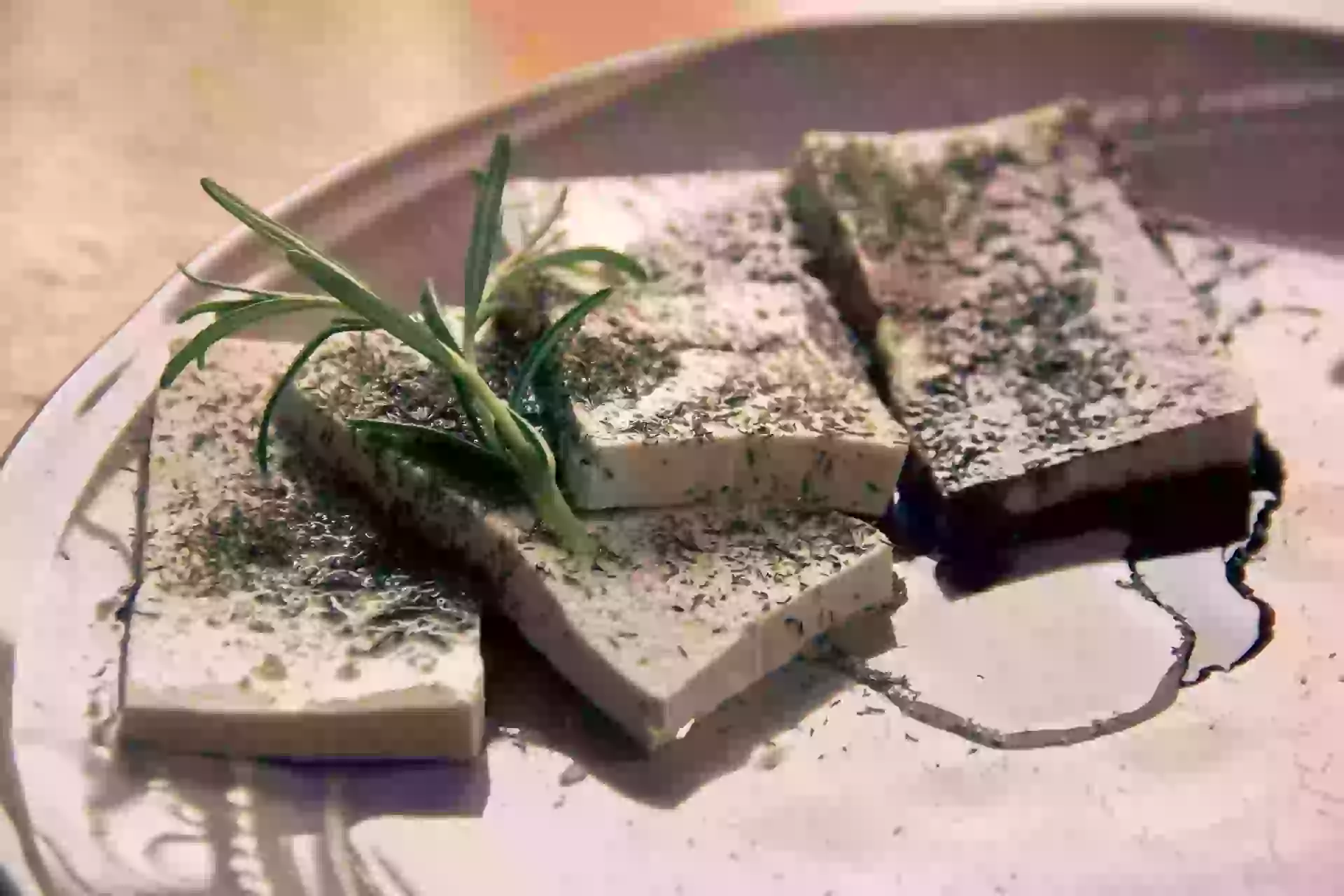
- Tofu contains around 17 grams of protein per 100 grams
- Oats contain around 16 grams of protein per 100 grams (and around 10 grams for oatmeal)
- Edamame contains around 10 grams of protein per 100 grams
- Corn contains around 9.5 grams of protein per 100 grams
- Chickpeas contain around 9 grams of protein for 100 grams
- Lentils contain around 9 grams of protein for 100 grams
- Pinto beans contain around 9 grams of protein for 100 grams
- Kidney beans contain around 9 grams of protein for 100 grams
- Black beans contain around 9 grams of protein for 100 grams
- Peanuts contain around 7 grams of protein for 1 ounce, or 28 grams.
- Pasta contains around 6 grams of protein for 100 grams
- Almonds contain around 6 grams of protein for 1 ounce, or 28 grams
- Cashews contain around 5 grams of protein for 1 ounce, or 28 grams
- Green peas contain around 5 grams of protein per 100 grams
- Quinoa contains around 4.5 grams of protein per 100 grams
Seeds also contain a lot of protein. For example, pumpkin and squash seeds give you around 25 grams of protein per 100 grams, sunflower seeds contain 21 grams, and for chia seeds it’s around 16 grams. But keep in mind that 100 grams isn’t a standard serving size for seeds. Adding some to top your dishes is an excellent way to get in some extra protein though!
Keep in mind that the quantities may vary depending on which type/brand of food you get. For example, the pasta I buy contains 13-14 grams of protein per 100 grams, not 6! This list should give you a general idea, but make sure to check the labels of what you buy.
Can you get too much protein?
While so many people are concerned about getting enough protein, it’s actually possible to get too much. Like any nutrient, overconsumption can lead to health issues.
First of all, if you eat too much protein and don’t reduce your other macros, it will lead to weight gain. For some reason, people seem to think that excess protein cannot become fat and they can therefore eat as much as they want— that is not true.
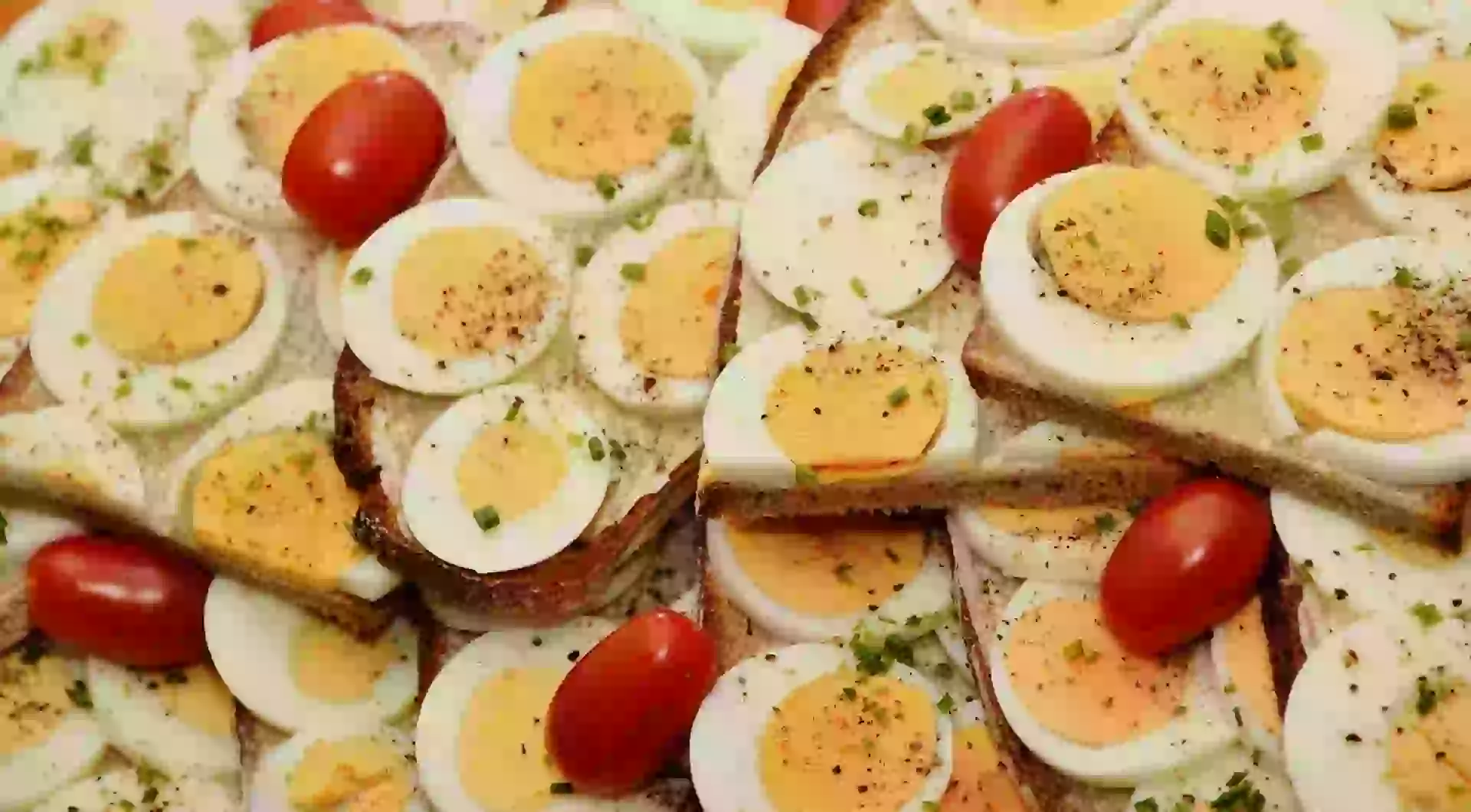
Secondly, for people with kidney issues, eating too much protein can cause damage. Amino acids contain nitrogen, and if too many are consumed your kidneys have to work harder to eliminate the excess nitrogen.
There is no evidence that this can have a detrimental effect on individuals with healthy kidneys though.
In addition, for many people, eating protein means eating meat. Red meat consumption is associated with an increased risk of cardiovascular disease and cancer mortality.
Eating red and processed meats is also associated with higher risks of certain cancers.
A review of studies also found that consuming excess protein was associated with adverse effects, such as bone disorders, renal function disorders, increased cancer risks…
Finally, even if protein is great for your health, consuming too much at the expense of other macronutrients can make you miss out on important nutritional content.
Stick to the quantities I mentioned and you will be just fine!
Protein in conclusion
Protein is an essential macronutrient and should constitute an important part of any diet. Eating around 1 gram of protein per kilogram of body weight is a good way to get the right amount, although this varies for each individual.
There are many great sources of both animal protein and plant protein available: use the list above to meet your needs. Remember that you can absolutely rely solely on plant protein if you wish.
Finally, eating too much protein may have adverse effects on certain people. As usual, moderation is key!
PS: interested in learning about another macronutrient? Here’s the truth about carbohydrates!
-Lucie
If you’re interested in nutrition, its impact on our health, and the science behind it, you should definitely read How Not to Die. In this book, Doctor Michael Greger, founder of Nutrition Facts, examines the top causes of death in America and explains how your diet can prevent— and in some cases even reverse— them. His advice is all backed by science and he writes in a very clear and entertaining way. This book isn’t a list of what you already know. It will teach you the keys to living a long healthy life, in a simple and practical way, and without spending fortunes on supplements and pills!
PLUS if you want to take it a step further, you can check out the How Not to Die Cookbook to implement the advice easily!

Welcome!
I'm Lucie, the nutritionist behind Edukale! If you'd like to learn more about me, click HERE !
Read More!
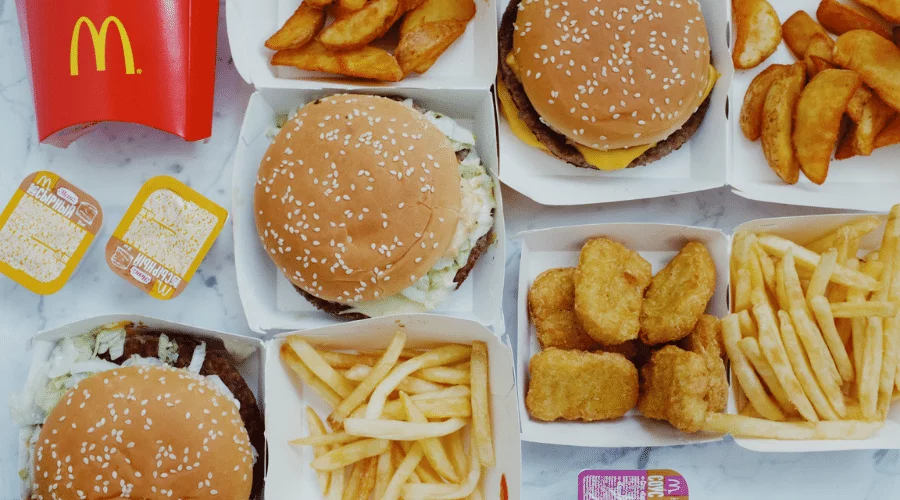
The truth about processed foods
You’ve probably heard that it’s best to reduce your intake of “processed foods” for healthy eating, and increase your intake of whole foods for optimal health.

The Best Foods to Fight Fatigue
Do you feel like you’re always tired and that you need multiple coffees to get you through the day?
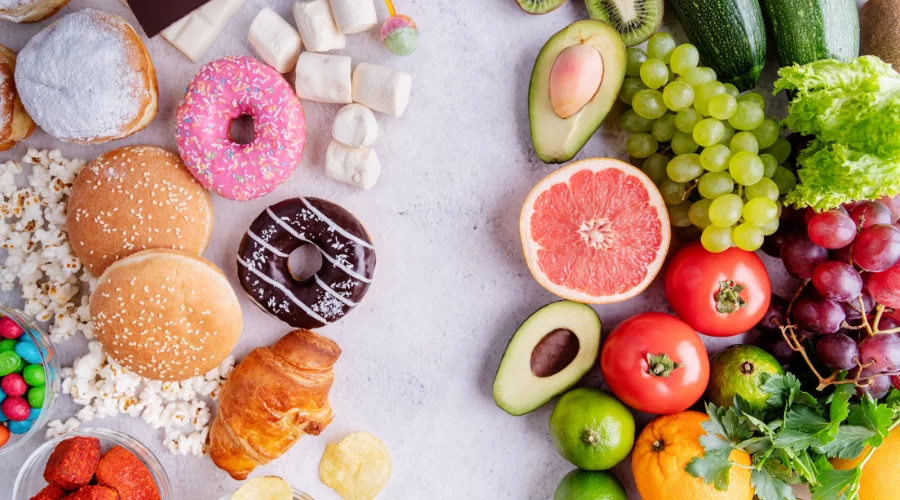
how to find the balance between healthy eating and dieting
It can be hard to find the right balance between healthy eating and dieting without becoming obsessed with food.
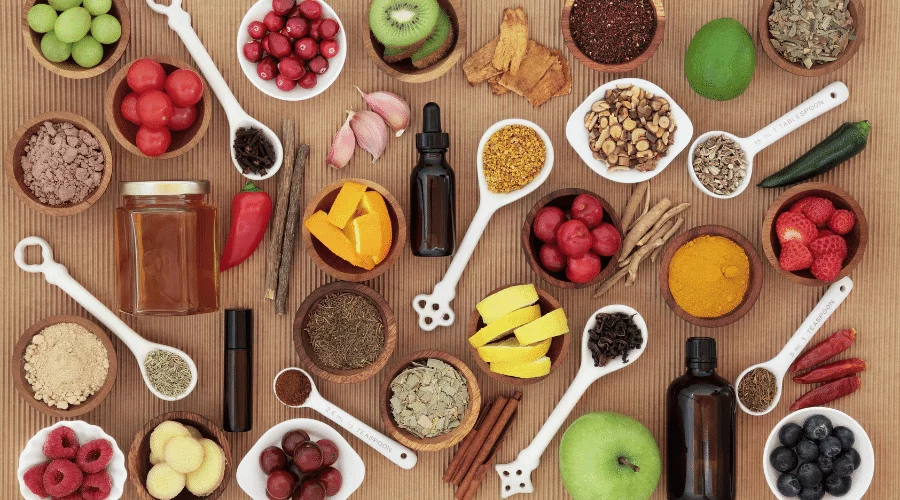
Can you use food as medicine?
“Let food be thy medicine, and let medicine be thy food.” We’re all familiar with this quote attributed to Hippocrates, and we all know the huge impact our food choices have on our health.

How to finally stop overeating for good!
Overeating means eating past your body’s actual needs, and it can be rather uncomfortable.
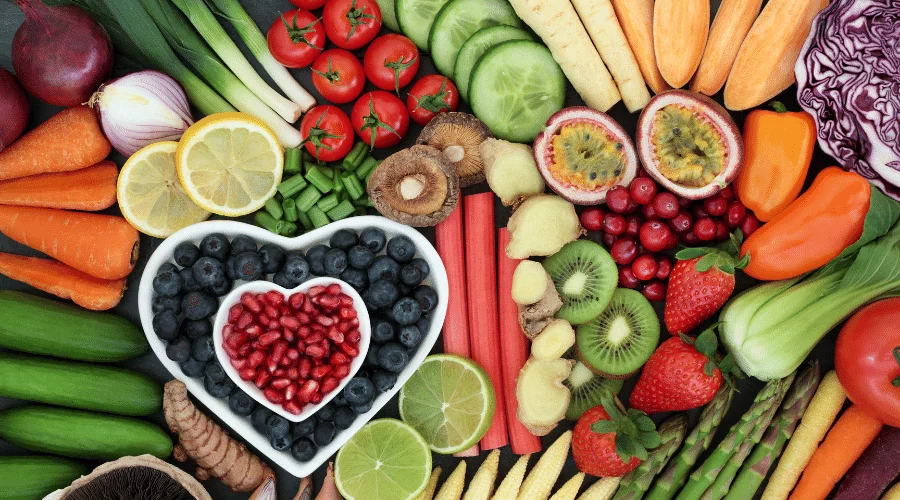
The anti-inflammatory diet: get rid of inflammation
You’ve certainly heard about the anti-inflammatory diet before and the benefits it could have on your body.
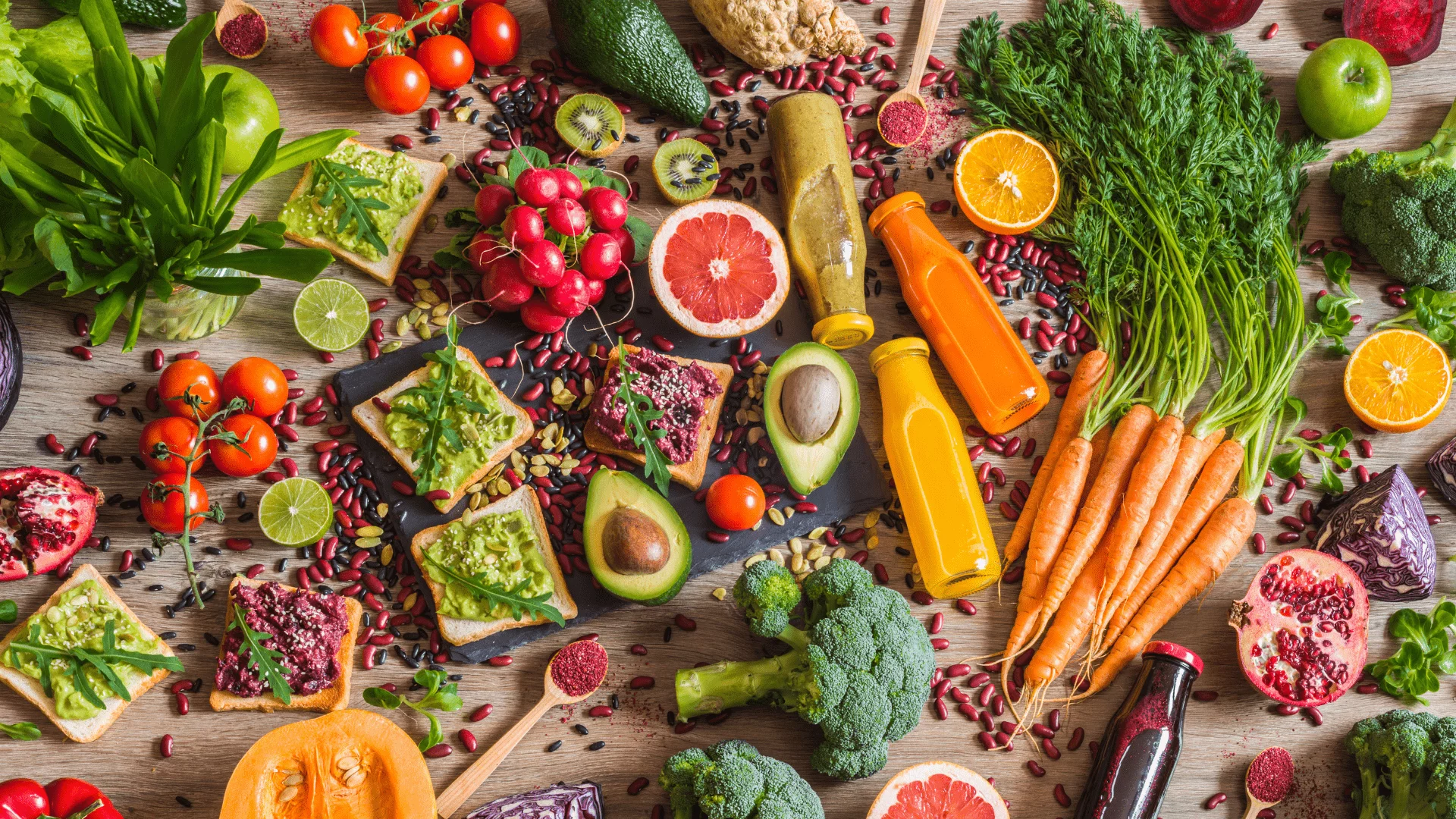
The complete beginner’s guide to veganism
Even though you can absolutely be healthy on a diet that includes animal products, the scientific consensus shows that increasing your consumption of plant-based foods is what is best for health.

Physical vs emotional hunger—learn the difference
You may be aware that physical hunger is not the only type of hunger that exists. There are actually two main types of hunger: physical hunger and emotional hunger



Comments are closed.